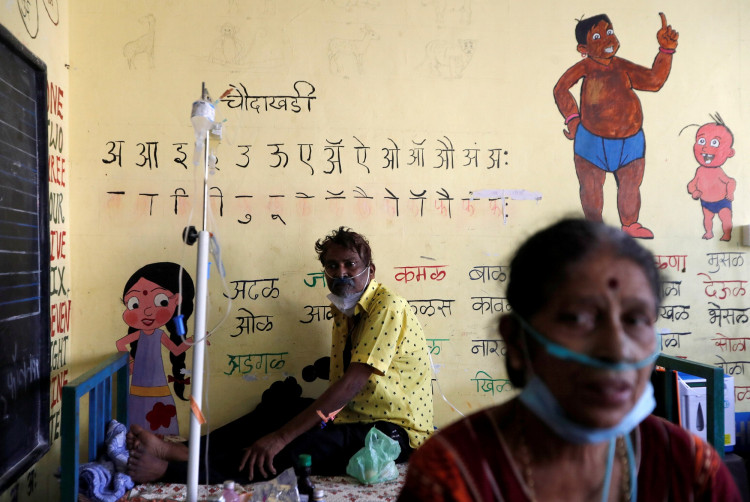One of the nations most affected by what medical professionals refer to as "antimicrobial resistance" is India, where antibiotic-resistant neonatal illnesses alone claim the lives of up to 60,000 babies annually. An alarming picture of how things are getting worse is painted in a recent government report.
Doctors at the 1,000-bed non-profit Kasturba Hospital in Maharashtra, in western India, are battling a wave of antibiotic-resistant "superbug infections." This occurs as bacteria evolve over time and develop a resistance to the medications designed to combat them and treat the diseases they cause.
In 2019, 1.27 million fatalities were directly attributed to this resistance, according to the medical journal The Lancet. Most of these instances did not respond to antibiotics, which are thought to be the first line of defense against serious infections.
These pathogens include the deadly Staphylococcus aureus, a food-borne bacteria that can be spread through air droplets or aerosols, and E. coli (Escherichia coli), which is frequently discovered in the intestines of humans and animals after consuming contaminated food; Klebsiella pneumoniae, which can infect the blood, cuts on the skin, and the lining of the brain to cause meningitis; and Klebsiella pneumoniae.
Doctors discovered that the effectiveness of several common antibiotics in treating illnesses brought on by these viruses was less than 15%. The multidrug-resistant pathogen Acinetobacter baumannii, which targets patients in critical care units who are on life support, emerged, and this is what is most alarming.
"As almost all our patients cannot afford the higher antibiotics, they run the real risk of dying when they develop ventilator-associated pneumonia in the ICU," Dr. SP Kalantri, medical superintendent of the hospital said.
According to a recent report by the Indian Council of Medical Research (ICMR), resistance to the potent antibiotic class known as carbapenems, which kills a variety of bacteria, has increased by up to 10% in just one year. Every year, information on antibiotic resistance is gathered by reports from up to 30 public and commercial hospitals.
According to the ICMR analysis, the situation is so dire that only 43% of the pneumonia infections brought on by one pathogen in India might be treated with first-line antibiotics in 2021, down from 65% in 2016. The situation is so terrible, according to Saswati Sinha, a critical care expert at AMRI Hospital in Kolkata, India, that "six out of 10" patients in her intensive care unit have infections that are resistant to treatment.






